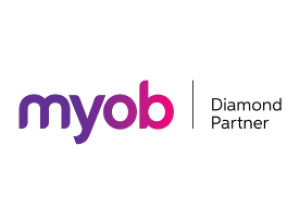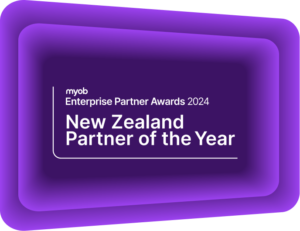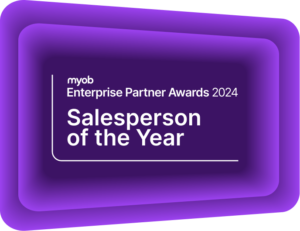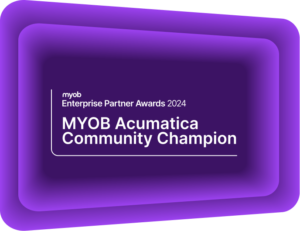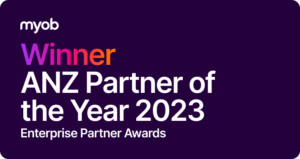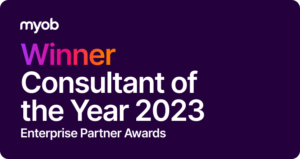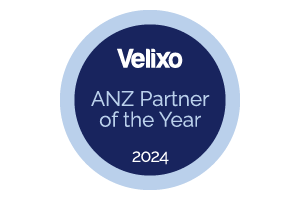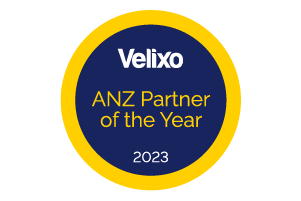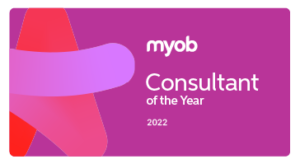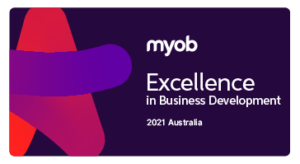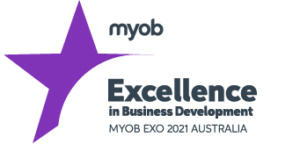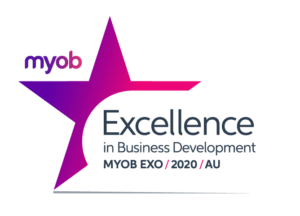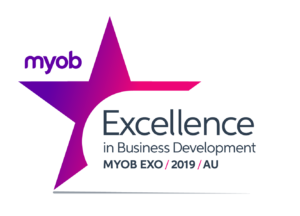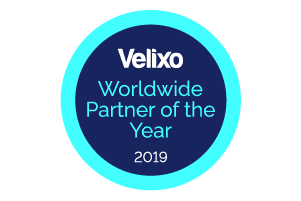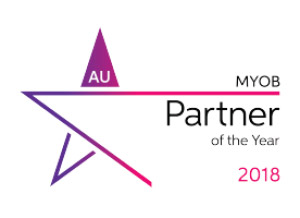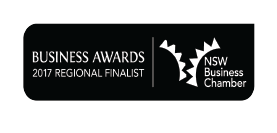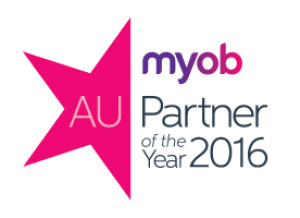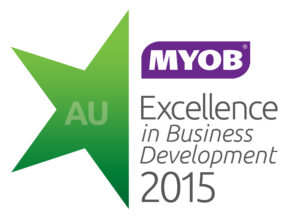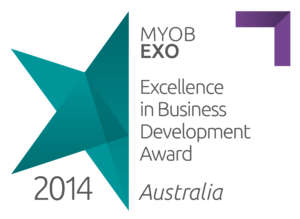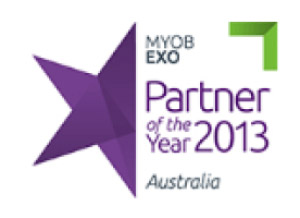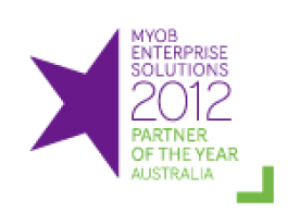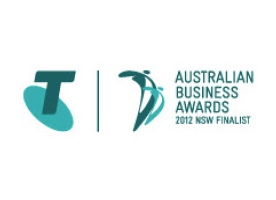Hybrid Cloud Solutions: Bridging the Gap Between On-Premise and Cloud
Is your organisation ready to take the next steps into the cloud?Hybrid cloud solutions offer a strategic approach to leverage the best of both technology worlds. Bridge the gap between traditional on-premise infrastructure and the limitless possibilities of the cloud.
Hybrid cloud solutions involve the integration of on-premise data centres with cloud environments, creating a seamlessly connected infrastructure. This integration empowers organisations to optimise their operations by balancing the benefits of on-premise control with the flexibility and scalability provided by cloud services.
Benefits of the cloud
Implementing a cloud-based ERP system can benefit your organisation significantly, including productivity improvements. The cloud naturally facilitates innovation and collaboration, bringing many benefits to modern organisations:
- Unparalleled data accessibility via any browser,
- Real-time data insights and analytics,
- Working flexibility for your team,
- Improved collaboration and connection, and
- Working with a modern, secure, flexible system.
Advantages of hybrid cloud solutions
The dichotomy between on-premise and cloud environments has long been a consideration for businesses, each having its unique advantages and limitations. As organisations increasingly rely on digital processes and data-driven decision-making, the need to bridge this gap has become imperative. Hybrid cloud solutions emerge as a strategic enabler, facilitating a smooth transition and coexistence of on-premise infrastructure and cloud resources.
Hybrid cloud solutions are:
- Scalable and flexible to meet your changing requirements,
- An efficient use of costs – typically working from a fixed monthly subscription,
- Secure and safe, and
- Open to integrations with other systems.
The greatest advantage of hybrid cloud solutions is that you will largely maintain the same use of your core ERP system. This is a significantly lower barrier to entry for teams concerned about training and upkeep of a new system. Everything is comfortable and familiar but with the improved power and flexibility from the cloud.
Considerations for implementing hybrid cloud solutions
There are many pathways your organisation can take to move into the hybrid cloud. Moving to the cloud does require careful planning and consideration. Two common pathways for implementing hybrid cloud business management platforms are:
- Hosting your on-premise ERP system in the cloud, or
- Integrating cloud-based applications into your on-premise ERP system.

MYOB Acumatica Information Pack eBook
Download nowHosting ERP systems in the cloud
If you are already using an on-premise ERP like MYOB Exo Business and want to get to the cloud, there is the option to outsource the maintenance of your server and database to a specialist company – hosting your system in the cloud. Hosting alleviates the burden of having to look after a server yourself and shifts the associated costs and responsibilities to the contractor.
Organisations that choose a hosted solution typically:
- No longer wish to own or maintain their current servers,
- Are happy with their current on-premise software but need to replace aging servers and find it more appropriate to instead outsource their requirements,
- Prefer paying a regular monthly expense rather than incurring the capital expenditure costs
- Have a distributed network of users who need to access your data, combined with a poor internet connection at the current server location,
- Are growing rapidly and need to be able to quickly scale up the hardware component of their solution – this is much more simply done when your servers are hosted by a 3rd party rather than on-premise.
Hosting an ERP such as MYOB Exo can be done quickly and effectively through ExoHosted – a system developed by Kilimanjaro Consulting.
Which businesses benefit from hosted hybrid cloud solutions?
Hosted hybrid cloud solutions are perfect for organisations that are looking for ways to empower their teams to work outside the office. This could mean roaming sales teams or even working from home without the hassle of VPNs and virtual desktops.
Finance and administration teams will benefit from remote, flexible working. Migrating to hosted servers will also relieve the burden on your IT team.

Making your way through the ERP Selection process eBook
Download nowOn-premise core integrated with cloud-based add-ons
Instead of migrating your entire system to the cloud, you can consider integrating cloud-based add-on products. By using these external services, you create an integrated environment based on your core ERP but operationally accessed through the cloud. The power of these add-on services can fill gaps or enhance the capability of your native on-premise system. This way, you can use the specialised products that improve efficiency, with all data fed directly into your core ERP as a single source of truth. This reduces the duplication of work to maintain up-to-date data across your organisation’s software ecosystem.
MYOB Exo supports the integration of many purpose-built add-on solutions. However, having access to a robust Application Programming Interface (API) or a synchronisation tool such as SynKit means that your data flows seamlessly between your current on-premise system and the cloud-based add-ons. Synkit is a connector for MYOB Exo, developed by Kilimanjaro Consulting that updates data between your system and popular Add-On products like HubSpot, SmartFreight, Shopify, and many others.
Which businesses benefit from integrated hybrid cloud systems?
Integrated hybrid cloud systems are perfect for organisations with a wide variety of specific operations. For example, an inventory-based organisation could use a range of cloud-based add-on products to streamline their processes:
- Netstock for inventory management, demand planning, and supply chain management,
- eveXso for warehouse management, picking and packing, and bin management,
- OpenFreight to find the best prices on distribution channels and streamline shipping,
- Phocas for reporting dashboards and visibility improvements to stay on top of your sales team,
- ProSpend to manage virtual cards and automate accounts payable and expense claims,
- ezyCollect to automate debt collection and streamline payments from their clients,
- HubSpot to foster stronger customer relationships and target the right stock to the right customers, and
- Shopify for B2C eCommerce and CV e-commerce for B2B eCommerce, streamlining the ways that customers can purchase your products.
In all of these cases, the specific staff assigned to these operations will rarely use the core MYOB Exo system. They can instead use these add-on products in the cloud to get the information they need and progress through the supply chain and customer lifecycle.
Steps to implementing hybrid cloud solutions for MYOB Exo
MYOB Exo Business is an established on-premise system. You need a MYOB Exo expert to help you navigate the migration to a hybrid cloud platform. Preparing for the years ahead can help you find the best time to implement an ERP system.
Kilimanjaro Consulting has a skilled and experienced team to take you to the cloud if and when you need it. We have developed and refined the ExoHosted system to support your cloud migration needs. When you use ExoHosted to host your MYOB Exo database in the cloud, you trust your system to the team supporting your software and understanding your processes. We can enable a smooth transition for your organisation to the cloud and can have the hosted environment quickly up and running. From there, it is business as usual, with the added flexibility and benefits of using your ERP system in the cloud.
The Kilimanjaro Consulting team also have the skills to integrate best-of-breed third-party applications into MYOB Exo to create a hybrid cloud platform. We have integrated MYOB Exo seamlessly with Kilimanjaro add-ons and third-party add-ons alike. Some of these include e-commerce web stores like Magento and Shopify and our own B2B platform, Dealers Online. We have also successfully integrated MYOB Exo with various payment gateways, warehouse management solutions and other 3rd party applications. In all cases, integrations are carefully built so as not to be an obstacle to future upgrades of the MYOB software.
Trends and pathways in the cloud
Ultimately, you should always consider your specific business needs first. The software must meet these needs. The method of deployment (SaaS, Hosted or on-premise) is secondary. For certain organisations, implementing a new cloud-native business management platform is the right step to move their business to the cloud.
Cloud-based systems are revolutionising the ERP space and improving efficiency for many modern companies. A system such as MYOB Advanced (Acumatica) can meet the growing demands of rapidly growing organisations with increasingly complex requirements. It is a fully integrated and customisable business management platform. MYOB Advanced is an integrated platform for mid-market businesses and can manage your Finance, Payroll, and Workforce from a single source of truth. The power of an integrated cloud-based platform lets you efficiently onboard, roster, track, and pay your staff in the cloud.
When choosing your ERP system, there are important business decisions to make. Partner with the right implementer who will help you make the best choice and provide a low-risk implementation methodology. This will ensure you can reap all the benefits of your new business management software.

Moving to the Cloud – A Guide
Download nowLearn how finance leaders are embracing the modernisation of finance
Organisations struggle to understand their financial health without clear visibility into where and how funds are being spent across different departments, projects, or locations. This lack of insight can hinder strategic decision-making for CEOs, CFOs, and business owners. Watch our webinar recording for CEOs and CFOs to learn how to automate your organisation’s accounts receivable process to improve spend management and visibility.
Talk to Kilimanjaro Consulting today about which service fits your business needs best and whether a cloud solution is right for you. Contact our team by emailing sales@kilimanjaro-consulting.com or call 1300 857 464 (AU) or 0800 436 774 (NZ)

